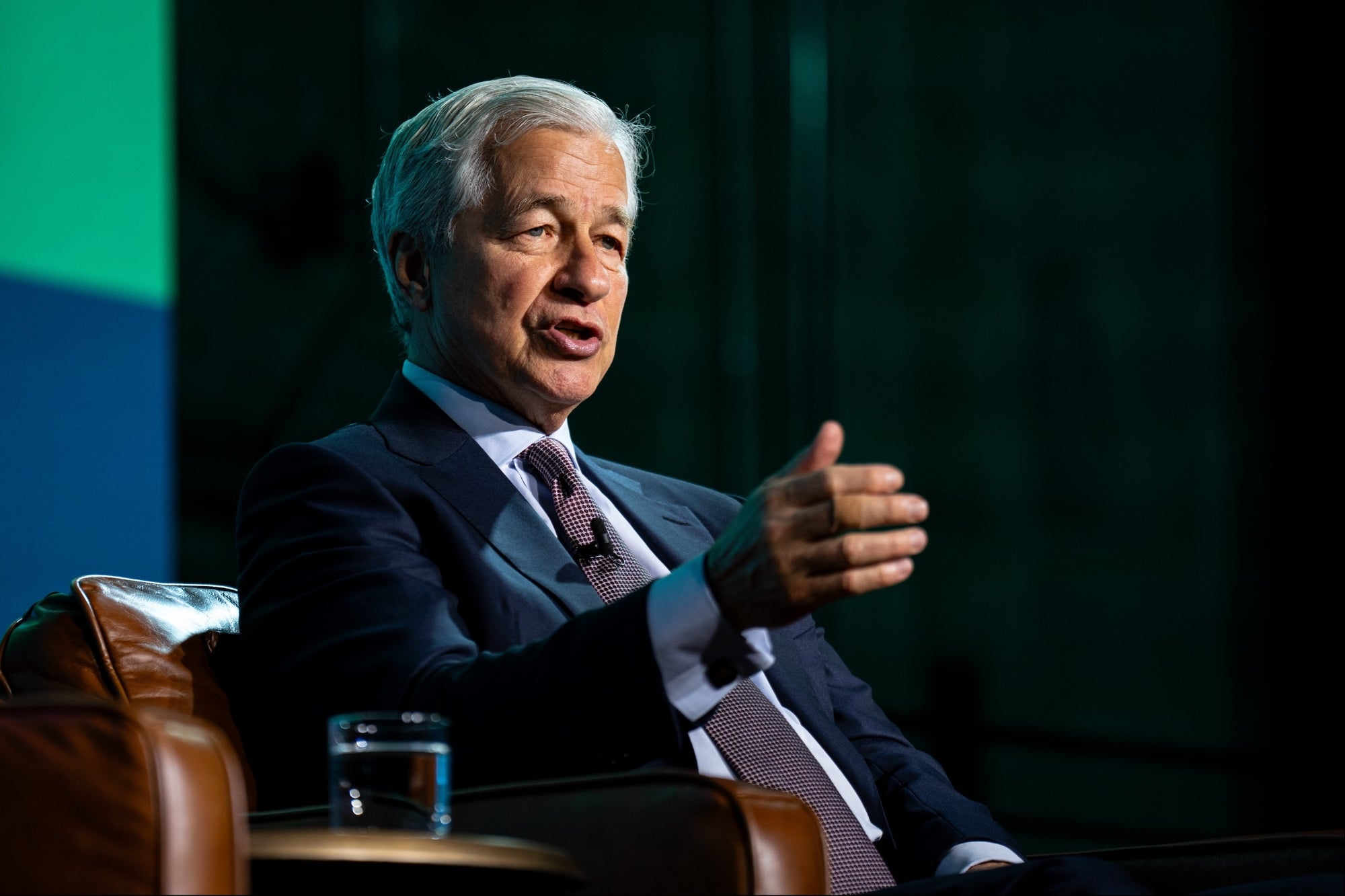I've Built 22 Companies in 89 Countries — Here's Why a Clear Mission Is the Ultimate Growth Hack A mission statement is the foundation of a company and should be developed before a business ever accepts a transaction.
By Dr. Christina Rahm Edited by Maria Bailey
Opinions expressed by Entrepreneur contributors are their own.
A lot goes into building a company before it ever makes a sale — from brainstorming the idea to developing a business plan and crafting a go-to-market strategy. Whether you're launching a physical storefront or an online business, early-stage planning involves countless moving parts. But there's one critical step that often gets overlooked: writing a mission statement.
A mission statement defines the purpose of your business in one or two clear, compelling sentences. It acts as a north star for your team, your customers and your stakeholders — guiding decisions, shaping culture and communicating what your company stands for. It should be completed before launch, because it lays the foundation for everything that follows.
In my experience managing 22 companies across 89 countries, I've learned this firsthand: the businesses with the clearest missions move faster, scale smarter and stay grounded in their values.
Related: 11 Effective Marketing Strategies to Help Streamline Your Startup
Why a mission statement matters
At its core, a mission statement explains why your company exists. It clarifies your purpose, expresses your values and points to your goals. It's not just a description — it's a declaration. A good mission statement is:
- Clear and concise
- Actionable and achievable
- Aligned with your company's five-year plan
It doesn't just inspire; it directs. When my team faces a major decision, I often ask: What does our mission statement say? That one lens can resolve uncertainty, align priorities and keep us on course.
For example, one of my companies has a simple mission: To empower individuals by providing clean, effective and science-backed wellness solutions. That clarity filters everything — from product development to marketing to customer service. And it keeps us focused on our longterm goals, not just short-term wins.
How to write a mission statement
Writing a mission statement isn't about sounding impressive. It's about being intentional. Here's a simple formula that works:
"Our mission is to [main goal for the next five years], in order to [the impact you want to make]."
This structure keeps your mission grounded and forward-looking. Save the big, audacious future goals for your vision statement — that's where longterm aspiration lives. Here are some great examples of clear, focused mission statements:
- Nike: To bring inspiration and innovation to every athlete in the world.
- JPMorgan Chase: To be the most respected financial services firm in the world.
- Ford: To help build a better world where every person is free to move and pursue their dreams.
Now compare that to their vision statements, which take a broader, longterm view:
- Nike: To do everything possible to expand human potential.
- Ford: To shorten the distance between where you are and where you want to go.
Mission statements should be memorable. If you can't say it in a single sentence, it's not a mission — it's messaging.
Why it should come before launch
Think of your mission as the blueprint for your business. Just like an architect wouldn't start building without a plan, you shouldn't start accepting orders without clarity on why your company exists.
Your mission should guide key decisions before you ever go to market:
- Product development: Does this align with our purpose?
- Hiring: Do these candidates reflect our values?
- Branding and marketing: Are we communicating what we truly stand for?
After launch, your mission continues to guide you, ensuring that growth doesn't come at the expense of your core purpose. It also helps your business adapt while staying anchored to its identity.
A tool for attracting the right investors and talent
Investors today want more than financial returns. They want to believe in your why. A strong mission statement tells them you're building something that lasts — not just chasing short-term profit.
The same is true for your team. A well-defined mission increases engagement, attracts values-aligned talent and builds a strong internal culture. People want to do meaningful work — and your mission tells them what that meaning is.
Related: How to Write An Unforgettable Company Mission Statement
Set your direction before you hit "go"
A mission statement does more than clarify your purpose — it drives focus, builds culture, and attracts support. It helps every stakeholder — from employees to investors to customers — understand your business on a deeper level.
By crafting your mission before your company makes its first sale, you create alignment from day one. You establish a guiding principle that shapes every action and decision — now and into the future.
Before you launch, take the time to ask: What's the purpose behind this business? Your answer might just be the most valuable asset you create.











